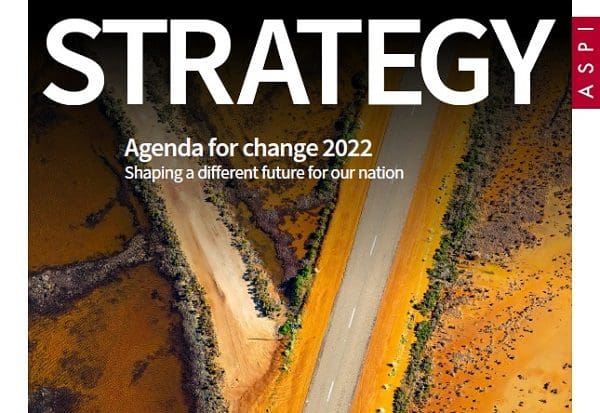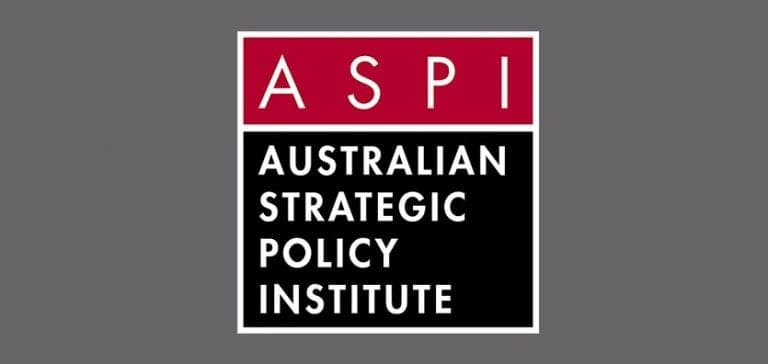Before Covid-19, we comforted ourselves with the notion that ‘the more things change, the more they stay the same.’ The decades leading to 2020 were filled with a sense of opportunity for those who chose to pursue it. Whether or not that was what happened would, I’m sure, be the subject of heavy debate.
In 2019, it was hard to imagine the dislocating impacts of the Black Summer fires, Covid-19 in 2020 and then the Delta strain in 2021, trade coercion from an increasingly hostile China, or the increasingly uncertain security environment. ASPI’s Agenda for change 2019: strategic choices for the next government did, to a great extent, imagine a number of these things, including in Peter Jennings’s chapter on ‘The big strategic issues’.
Fast forward to today, and many things have changed. That also applies to the policies and programs we need to position us in a more uncertain and increasingly dangerous world. An economically prosperous and socially cohesive Australia is a secure and resilient Australia.
It’s tempting for politicians, business leaders and bureaucrats to want things to go back to the way things were, as has been the case for previous crises, be they natural disasters such as the 2019 bushfires, economic impacts, such as the global financial crisis, or security challenges, such as the post-9/11 environment. But rolling and concurrent crises are a growing feature of our future. Our prosperity depends upon us solving multiple challenges with a smaller number of solutions and continuing to value independent expert advice.
Agenda for change 2022: shaping a different future for our nation, like the agendas we published in 2016 and 2019, is being released in anticipation of a federal election. But there are differences this time around.
This agenda acknowledges that what might have served us well in the past won’t serve us well in this world of disruption and rolling crises. A public policy plan jam-packed with initiatives is one of those things we took for granted in the past.
While those initiatives may have been useful, they tended to perpetuate siloed thinking and actions and downplayed interconnectivity. One example is the adverse impact that just-in-time supply-chain management is having on national resilience during the Covid pandemic. And if that wasn’t enough to open our eyes, we had limited understanding of the reach and traceability of those supply chains, which in large part were revealed only when we experienced the consequences: manufacturing bottlenecks and single points of failure.
So, the key question that Agenda for change 2022 seeks to answer is this: if a government can focus on only a handful of impactful initiatives, what should it pursue first?
In response, we’ve developed an expansive agenda of ‘big ideas’ that recognise that Australia’s security and resilience are achieved through an inclusive national agenda that faces the intractable issues head on, embraces inherent complexity and adopts a whole-of-nation view.
In this agenda, Peter Jennings looks back to his ‘four big problems’ from Agenda for change 2019 to see where we’ve landed. We also explore eight big ideas that span trade and economics, nation building, social cohesion, democracy and the space domain.
Our 2022 big ideas sit under the banners of ‘Getting our house in order’ and ‘Australia looking outward’.
Gill Savage
Senior Fellow with ASPI’s Northern Australia Strategic Policy Centre and
Deputy Director of the ASPI Professional Development Centre.


